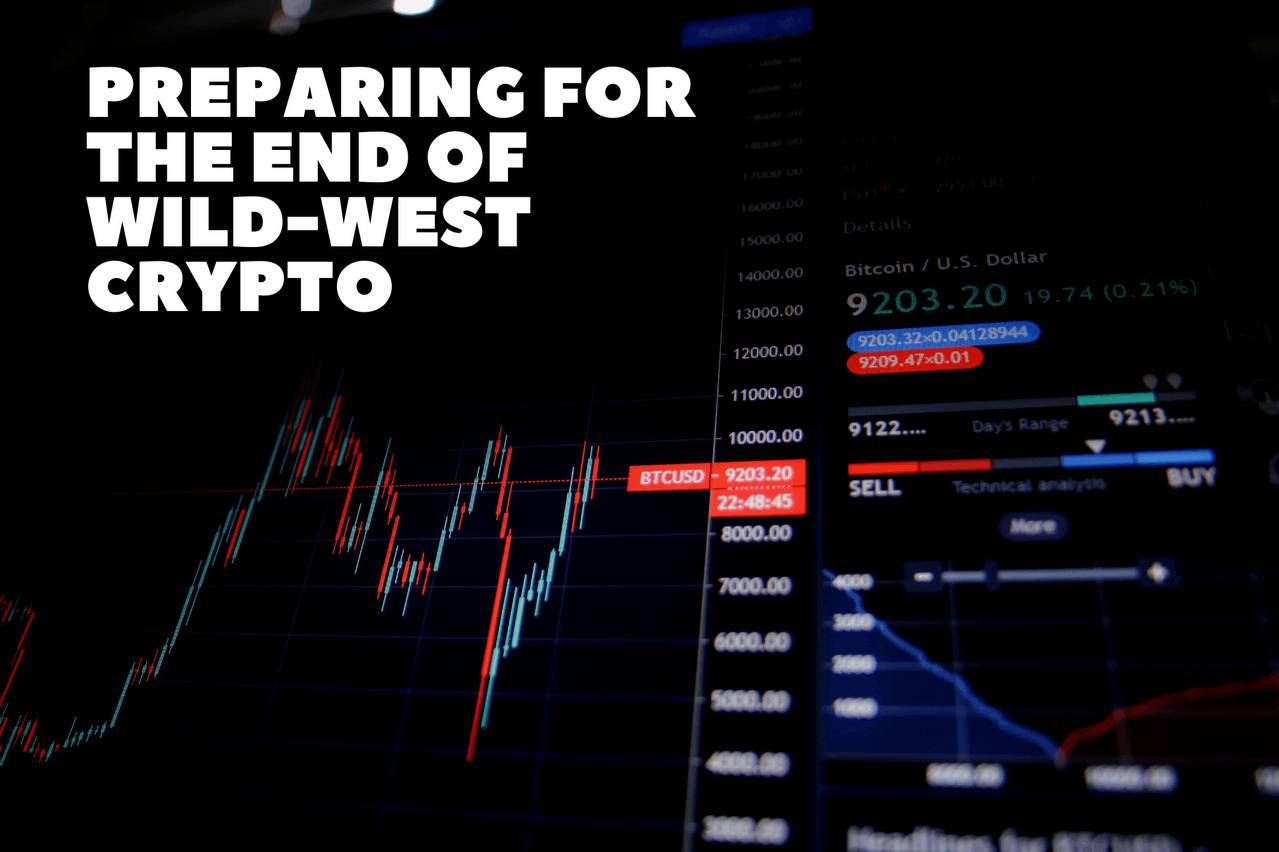“Crypto has been around for more than a decade, and the most salient use cases are only being developed now. So far we have seen the emergence of rudimentary digital assets (NFTS) whereas we are currently witnessing the emergence of more elaborate forms, such as the emergence of NFT based digital decentral identities (just like e-signatures).” said Robert Goerend, Partner within the Corporate/M&A and Dispute Resolution Departments of the law firm Luther.
He further elaborated that “Consensus policies exist in current corporate and societal structures with various forms of centralized authorities. Some aspects of these structures have been digitalized. The next evolution will consist in a decentralization of these structures. Corporate decision-making mechanisms can and will be programmed and stored on blockchains. The emergence of decentralized consensus-structures requires a new set of rules. For the time being, the existing legal framework is limited.
The next evolution will consist in a decentralization of these structures.
Most blockchains don’t have jurisdiction clauses or applicable law clauses. Case law dealing with blockchain technology is almost inexistent. This will render upcoming blockchain related litigation challenging. Liquidators and insolvency receivers will have to get accustomed to realizing crypto assets. It’s a whole new paradigm. A level playing field is being established and the market actors will have to abide by a set of common rules across the EU.”
“Throughout the world we are seeing efforts to fill the regulatory gap” said Bob Scharfe, Partner heading the Banking, Finance and Capital Markets Department in the Luxembourg office of Luther. “It's definitely the end of the Wild West scenario where everybody could promote their own crypto assets as they wish. We’re seeing regulatory moves in Europe, the US and elsewhere,” he said.
The void is going to be partially filled by global regulators who are growing increasingly nervous about stories of losses and quickly inflating crypto asset prices. “A game changer,” is how Mr Scharfe describes the proposed Markets In Crypto Assets (MICA) regulation that is currently working its way through the EU legislative process.
Throughout the world we are seeing efforts to fill the regulatory gap
“MICA will likely provide a harmonised EU framework for up-to-now non-regulated crypto assets. It will provide safeguards for service providers engaged in this business and ultimately also for the consumer,” continued Mr Scharfe. Providing a common regime and passporting for those market participants will also change the nature of the market in the EU. “It will open up services across Europe and allow also new entrants to get up to par, which wasn't really the case before,” he said.
While this might sound promising, Mr Scharfe warned that this is an evolving landscape. The latest blow-ups of NFTs and so-called stable coins have added to considerations being discussed in Brussels and Strasbourg. It had been thought that MICA could be finalised in 2023, but that date appears to be slipping. Furthermore, local requirements in terms of anti-money laundering procedures will still need to abided by.
“Whatever the challenges, we think this is a huge opportunity for the whole EU and particularly for Luxembourg,” Mr Scharfe said. For example, given the global reputation of the Grand Duchy’s investment funds hub, this could be a place from which crypto asset investment strategies could be run. “Luxembourg has the financial sector experience and the CSSF which is a hands-on, pragmatic supervisory authority, which are the foundations for establishing a hub for market participants,” he added. This commitment to stay ahead of the curb in terms of decentralised ledger technology has further been underpinned by the Luxembourg Minister of Finance’s recent statement that her ministry will soon propose draft legislation to explicitly recognize the use of and blockchain for financial collateral.
Robert Goerend concluded that “Crypto technology is quickly evolving and will soon be omnipresent. Luxembourg, as a global financial center, will be immediately concerned. The country and its professionals will have to adapt to this new paradigm and implement the emerging rules in a fast and efficient manner.”
2023 : Date when the EU Markets In Crypto Assets (MICA) regulation could become law.
Regulatory challenges
Realization/liquidation of crypto-assets
Legally speaking, where do DLT transactions take place, and what accounting, AML and legal standards need to be applied ?
For more information see


